Beijing retreats after Pacific pushback
Pacific Island leaders criticise China for trying to push through a security and trade pact that Beijing has hastily scaled down.
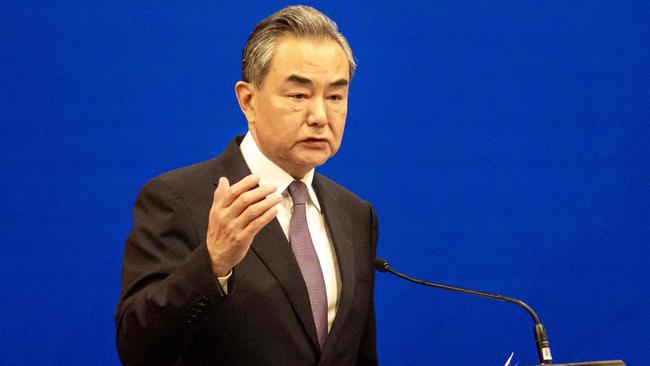
Pacific Island leaders have criticised China for trying to push through a sweeping security and trade pact that Beijing has now hastily scaled down.
Hours after Chinese Foreign Minister Wang Yi’s failure in Fiji, Beijing said its diplomatic blitz was going to plan.
“Not every meeting has to issue a joint document,” said China’s Foreign Ministry spokesman Zhao Lijian.
Beijing then released its “position paper”, revealing a curtailed list of proposals for working with Pacific Island countries.
Unlike in a draft of the proposed agreement leaked last week, the revised document had no mention of joint policing or cybersecurity co-operation — proposals that had caused alarm among many Pacific Island leaders.
Speaking after the meeting, Samoan Prime Minister Fiame Naomi Mata’afa said Pacific Island countries would not be rushed by Beijing.
“We have not made a decision as we did not have enough time to look at it,” Ms Fiame said.
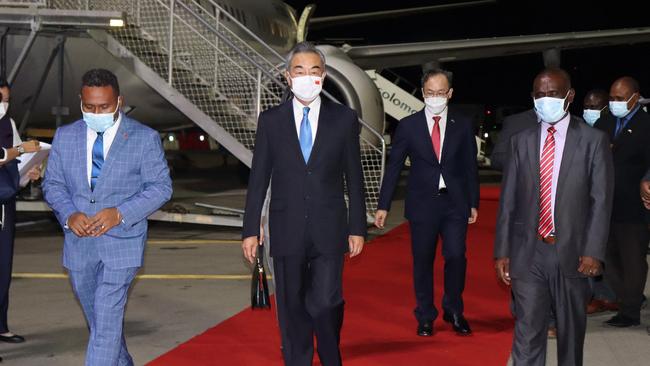
In an interview with Samoan media, she said security agreements — including the recent pact Beijing has signed with Solomon Islands — should be discussed at the Pacific Islands Forum, a group that includes Australia and New Zealand.
Dr Anna Powles, a senior lecturer in international security at New Zealand’s Massey University, said Pacific leaders had been successful in pushing back on Beijing’s tilt for a regional policing and cyber security pact.
“But China will keep pursuing those at the bilateral level,” she said.
On Tuesday, Mr Wang flew from Fiji to Tonga, the next stop on his unprecedented trip to the Pacific. He will then travel to Vanuatu, Papua New Guinea and East Timor.
While failing to get consensus on its banner pact, China has signed agreements with individual countries. Many promise development opportunities, a key priority for the region.
Mr Wang has told Pacific leaders in meetings that China – the world’s second-biggest economy – understands their concerns as a fellow developing country.
He has also told them the US and its allies were trying to contain Beijing at the expense of China’s economic partners, including in the Pacific.
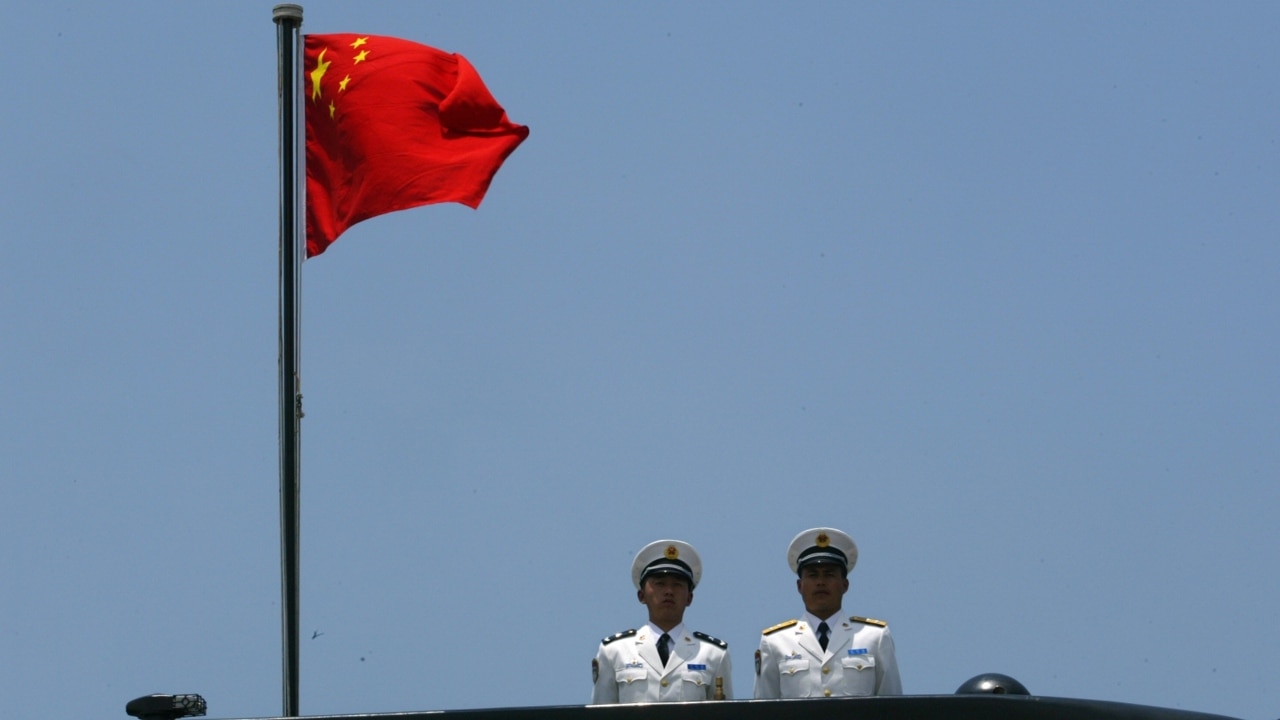
“Some forces do not want to see China’s development and growth and seek to contain, delay or even interrupt China’s development,” he told Fijian President Ratu Wiliame Katonivere.
Mr Wang’s colleagues in Beijing indicated China would continue to pursue its Pacific development pact.
“The parties agreed to continue to engage in active and practical discussions in order to build more consensus,” Chinese Foreign Ministry spokesman Zhao Lijian said.
China’s party-state media offered a less diplomatic account of the failure to reach consensus.
Citing Chinese foreign policy analysts, the Global Times said opposition to the pact was the result of “some regional countries who are willing to be used by the US”.
Pacific Island countries also used Monday’s meeting to tell Mr Wang directly that they want China – by far the world’s biggest polluter – to greatly reduce its carbon emissions.
“Being a true partner and friend to the Pacific requires urgent and deep climate change action,” said Henry Puna, Secretary-general of the Pacific Islands Forum, on behalf of members.
Beijing has said it will not reach net zero until 2060 – a decade later than America, Japan, the European Union, South Korea, Australia and New Zealand.
Fijian Prime Minister Frank Bainimarama also publicly called on China to do more to “end illegal fishing” in Pacific waters.
Dr Powles said Pacific leaders had used their audience with China’s Foreign Minister to publicly “lay down a challenge” to Beijing.
“Pacific leaders are incredibly astute at leveraging geopolitical anxieties and agendas to secure agreement on issues that are of paramount importance to the Pacific,” she said.



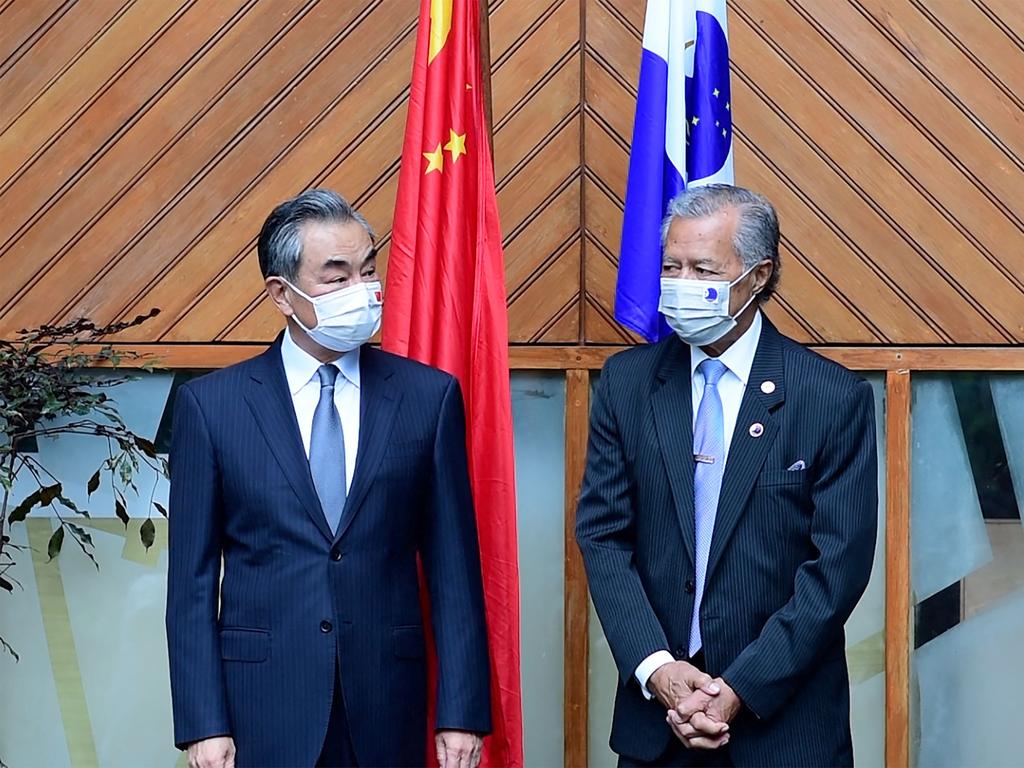
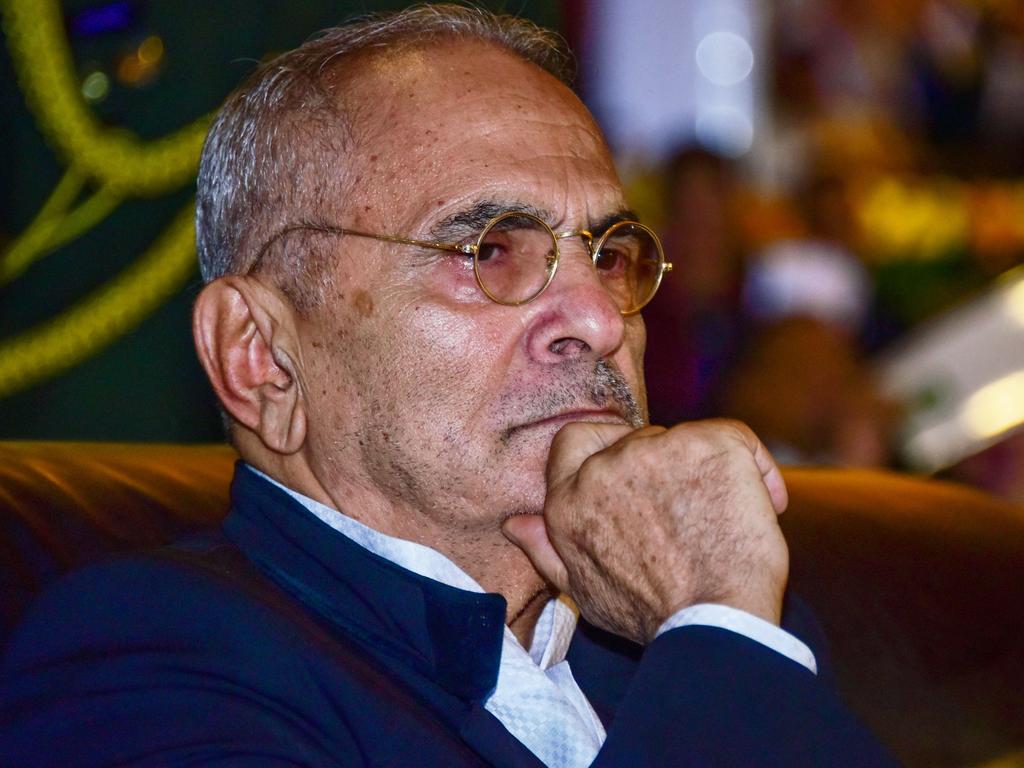



To join the conversation, please log in. Don't have an account? Register
Join the conversation, you are commenting as Logout